Overview: 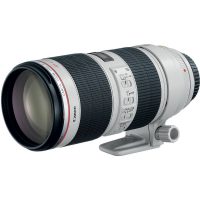
Build: 4.9/5
Handling: 4.1/5
Image quality: 4.8/5
Versatility: 4.2/5
Cheapest place to buy: Amazon
Introduction
Canon has had up until now two 70–200 mm F2.8 focal points – a gadget without adjustment, displayed in 1995, and a balanced-out adaptation, propelled overall six years after the fact. Both instruments dated back to the period before the greatest computerized blast; little ponder Canon, contrasted with its rivals, began to linger behind a bit in this classification.
In mid-2010, Canon answered the calls by discharging an enhanced EF 70-200mm F2.8L USM II including a cutting-edge IS and, obviously, a probably better execution.
The constructed nature of the 70-200mm F2.8 USM L II is really radiant. It’s for the most part made of firmly collected metal parts, there is no wobbling at all and the rubber-treated control rings work exceptionally smoothly. Much the same as its antecedents the focal point does not stretch out amid zooming or centering. Because of an IF framework (“inner focusing”) the front component does not pivot so utilizing a polarizer is no issue.
The focal point uses another third-era IS (“Image Stabilizer”) with a guaranteed pickup of 2 f-stops, specifically for handheld photography. This is without a doubt achievable in field conditions. Dissimilar to the buyer variations the IS framework has 2 modes: a typical one for static shooting (level + vertical adjustment) and one panning mode (flat or vertical adjustment and the panning stabilization is consequently detected). It additionally highlights tripod identification so that the IS can stay actuated here.
Product Photos:
Canon EF 70-200mm F2.8L IS II USM Specifications
| General Specification | Canon EF 70-200mm F2.8L IS II USM |
|---|---|
| Focal Length | 70-200mm |
| Camera Mount Type | Canon EF |
| Format Comitability | Full Frame, APS-C |
| Angle of View | 34° - 12° |
| Minimum Focus Distance | 47.2” |
| Magnification | 0.21x |
| Actual Weight | 52.4 oz (1.48 kg) |
| Aperture Range-Wide/ Long | f/2.8-32 |
| Focus Ring Rotation | 137° |
| Lens Hood Included? | YES / ET-87 |
| Image Stabilization | YES |
| Case Included? | YES / LZ1326 |
| Year Introduced? | 2010 |
Technical Specifications
Sharpness:
Sharpness is extremely amazing, even totally open. Halting down can hone up the corners a bit, yet at the center of the casing, the focal point is entirely well as sharp and completely open as it could ever be. There is solid proof for a move in the concentrate on halting down at 70mm, that is something to pay special mind to when physically focusing. The focal point is partially less sharp at 200mm contrasted with shorter central lengths, yet it is still more than satisfactory.
Chromatic Aberration:
The other enormous change to the Canon 70-200mm F2.8 USM II is its new inner optics. The focal point now utilizes a fluorine component and 5 UD glass components intended to help resolution and contrast while decreasing chromatic aberrations.
Shading or ”Vignetting”:
Vignetting is a basic theme for most focal points when utilized on DSLRs yet it is not an excessively noteworthy issue for the 70-200mm II lens. The issue is still unmistakable at around 1.3EV at the maximum opening and also at 135mm/200mm, yet this still is a moderate value. The vignetting is essentially unimportant from F5.6 onwards.
Distortion:
Comes about for distortion are run of mill of telephoto zooming focal points, along with some barrel twisting at the more extensive end, also showcasing some pincushion distortion at the end. The purpose of convergence is adjusted pleasantly at around 105mm. Moreover, the distortion is not as critical with the focal point mounted on a sub-frame; it indicates only +0,25% barrel twisting in the corners, with 70mm and only – 0,2% distortion in the corners with 200mm. With the focal point mounted on a full-frame, it is more conspicuous, with approximately +0.5% barrel distortion at 70mm, and approximately – 0.5% distortion at 200mm.
Buy this lens if:
– You need a broadly useful, medium-zoom focal point to combine with one of Canon’s EOS bodies.
– You’d like exceptionally compelling inherent picture adjustment.
– You need high determination at all central lengths, alongside great levelness of field.
– You’d like a focal point that requires no correction when you use polarisers or graduated filters.
Intended for expert picture takers and genuine photograph fans who need strong development and astounding imaging execution, this lens additionally gives a shorter focusing distance and improved sealing against dust and moisture. In the event that you completely require picture adjustment and the most honed, best picture quality in a 70-200mm L-class zoom, then it is cash well-spent.
Don’t Buy this lens if:
-You require close centering and large-scale capacities.
For ceasing activity, particularly in low light, the F2.8 gap can have a major effect. In the event that you are just shooting activity, the Canon EF 70-200mm F2.8L I Lens presumably bodes well for you. Despite the fact that the F2.8L II lens has fairly better picture quality at F2.8, the top notch cost for the IS rendition ought to be considered.
Conclusion:
This Canon EF 70-200mm F2.8 L II lens comes as an appreciated upgrade for Canon’s expert quick zoom. While we preferred the old form, the quick increment in pixel rely on the most recent eras of cameras (with Canon’s request that each one of those additional pixels exists to give an enhancement to cropping) has set its autofocus capabilities and optical qualities under better examination, and thus it has been discovered progressively needing.
Walkthrough the below video to see some photo samples captured by this lens:
The lens at a glance:
[wp-review id=””]You Can Get The Lens From My Recommended Retailer: Amazon
>>Check Here All Canon Lens Reviews<<
Thanks for reading hope you enjoyed the review & found it useful if you have any questions just leave a comment below & I will be happy to answer you.
If you enjoy the site, don’t forget to subscribe, we will only inform you when a new article is posted.

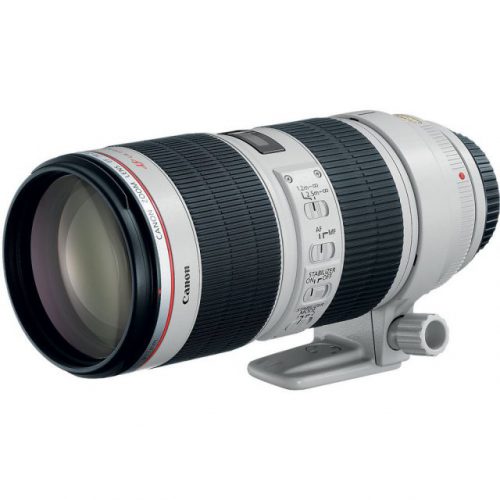


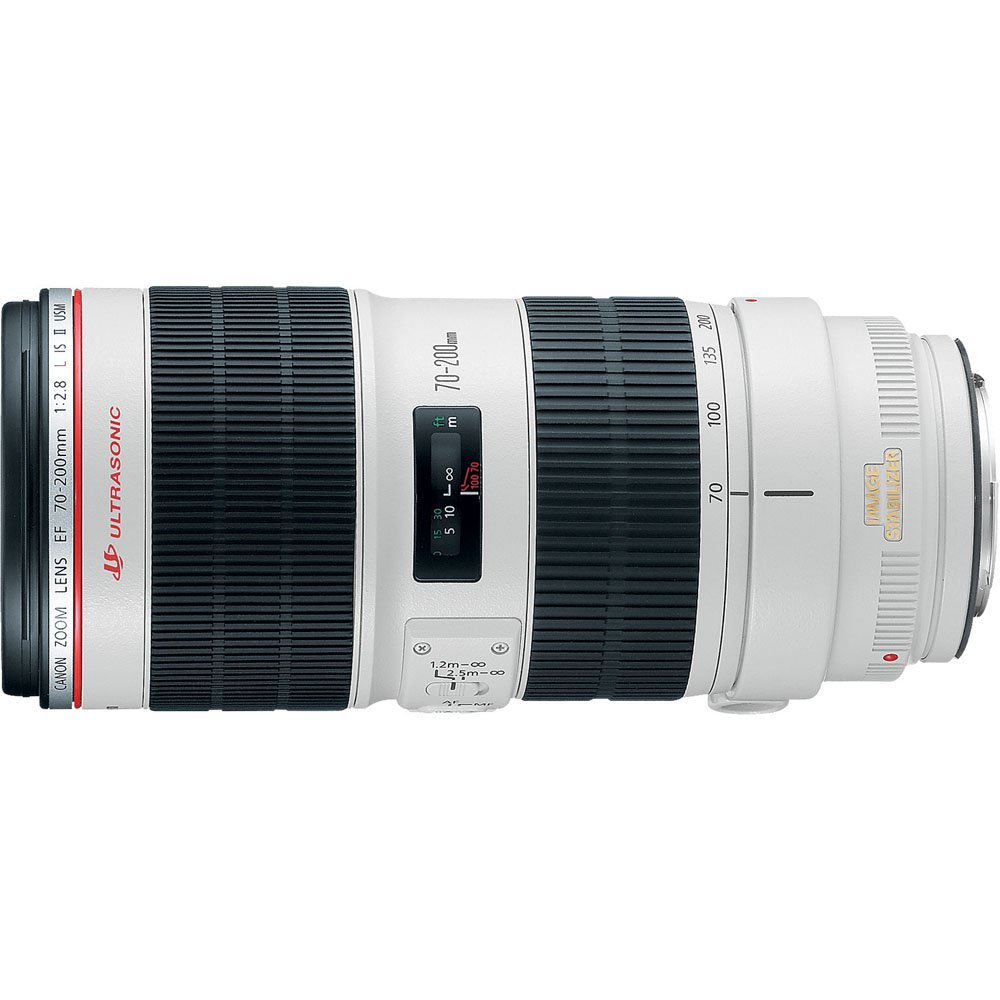
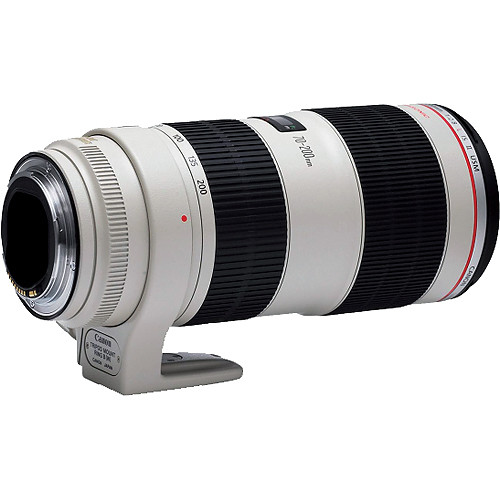

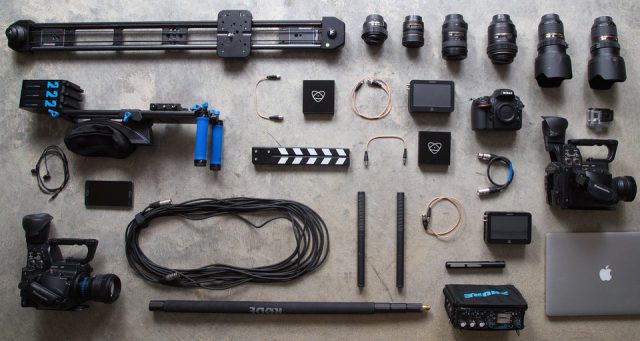
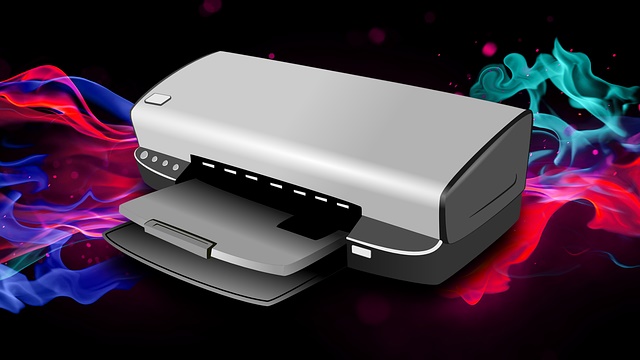
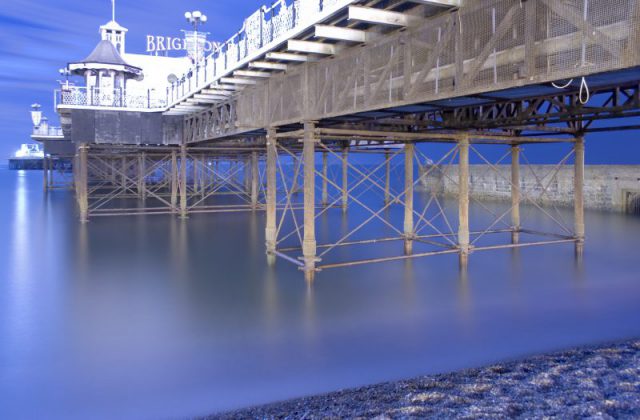

Wow what a fantastic review..I love photographing. Your website well organised and content is well explained.
Cheers for the information you have provided.
Thanks Martin for your comment, glad that you liked the website, hope to see u again.
very nice! i love taking pictures and there is some info that i didnt know. very informative and well thought out. great job!!
Thanks, glad to help.
Interesting artical in that you gave the history and development of canon products. My wife took 2 classes in photography at Bakersfield College and she loves cameras, camera equpment and photography. My wife has a portfolio of her work. She learned how to take and develop black and white pictures. She also uses a camera that takes color photos.
Thank you,
Ed Mijarez
Thanks for your input.
Great thorough Review.
I tend to do more wedding photography but like how much information you give when it come to lens helping others make a decision on whether it is for them, especially the ‘buy or not to buy’ section.
The courses that you have to help those starting out in DSLR photography look great and I will have a look, it is always worth refreshing oneself in the basics.
Thanks again for the review
Thanks John for your input, hope to see you again.
Ehab Amin,
I enjoy taking photographs myself but it is more of a hobby which I would like to develop more. I am in the market for a professional camera and am researching different lens, so I found this review really helpful. Some of the details were a bit above my level of knowledge at the moment but this helped me learn more!
Fran.
Glad that you found the article helpful Fran.
I am really interested in photography but still a newbie one using a normal digital camera now. After reading this post, I didn’t realise that there’s still so much in photography! I will be sure to follow your future posts. Lastly, what do you think is the best camera to be suited for newbies like me, something with an easy and user-friendly interface?
As I said in the above comment any cheap DSLR will work for the amateur till he knows actually how to shoot at manual mode & play with the three main features ISO, Aperture & shutter speed then replacing the kit lens with another lens & so on, as much as experience you gain the more you need to enhance your photos & upgrading either to a professional lens or full frame sensor camera.
-My recommended starter DSLR camera>> Canon 1200D(T5)
Thanks for dropping by.
Hi EhabAmin,
Thank you for providing such a great and interesting site for us all to see. I have a keen interest in photography but haven’t started too seriously yet with this as my new hobby. I have a little cannon ixus ( it was handy for traveling with small children and bags) at the moment but feel I want to advance now that I have more time and I don’t have to carry as much. I’m grateful for all the information that’s clearly laid out and I can’t wait to start course two. I feel I will need a camera that’s not too big, not too expensive as my children will want to use it too. They’re 10 and 13 so have some sense and also an interest. We live close to the beach and surf, have animals and great views. Could you suggest a camera that we can all learn with, that’s not too complicated but will provide a healthy challenge for us all to master and increase our interest along with your website?
Thanks again
Sinead
Hello, actually any cheap DSLR camera will work for you as an amateur photographer, but make sure that at least you know the basics of photography so you can play with some little techniques so here are my below recommendations:
-DSLR camera to start with: Canon 1200D.
-Basics of photography: read my photography course
Hope that helps, thanks for passing by.
Happy shooting.
That is an amazing looking lens. As a photography newbie it is way over my head. However, I do see all the benefits of having a professional lens like this in your stable of equipment.
Thanks for providing such an in-depth review. How much experience in photography would you say you need before upgrading to a lens like this?
Really well done.
Hello peter, first before you start shooting you should now the basics of photography & start to capture photos let’s say by the DSLR kit lens from the basics you have learned, when I found that your photos cover all the simple basics of photography then you need to upgrade to a new lens to help you take your photography to an advanced level to try more pro techniques & so on.
-So I recommend walking through my photography courses from here.
-Also you can read best equipment for begineer photographer from here.
Thanks for dropping by & enjoy your photography jorney.